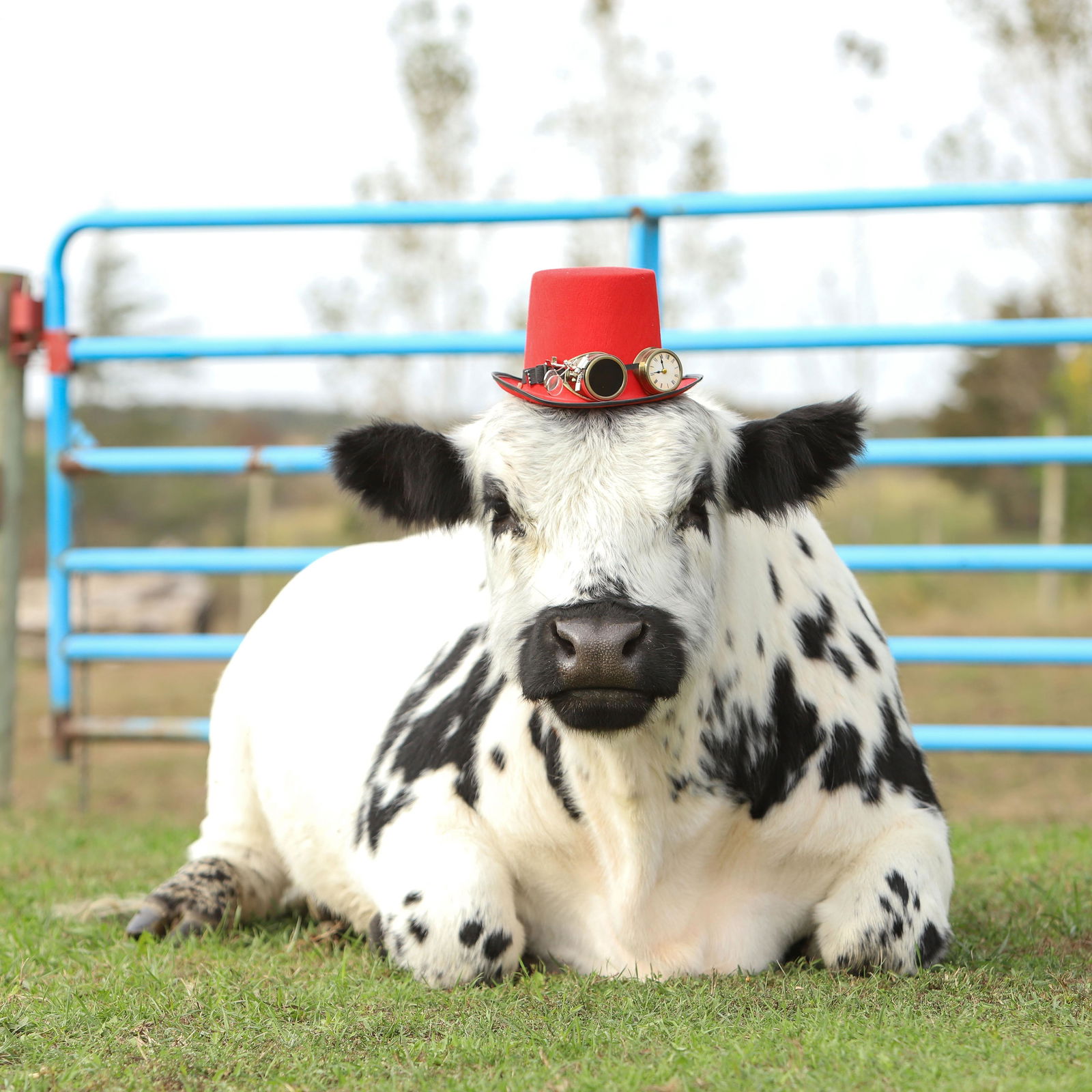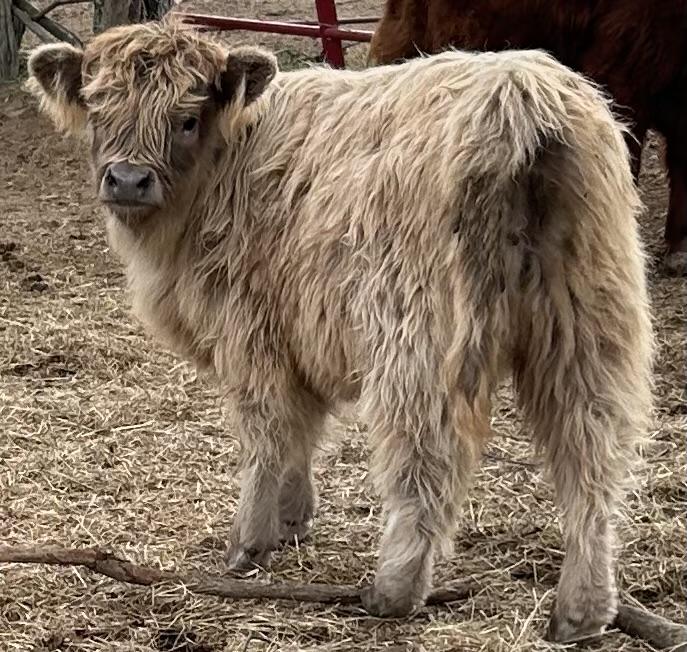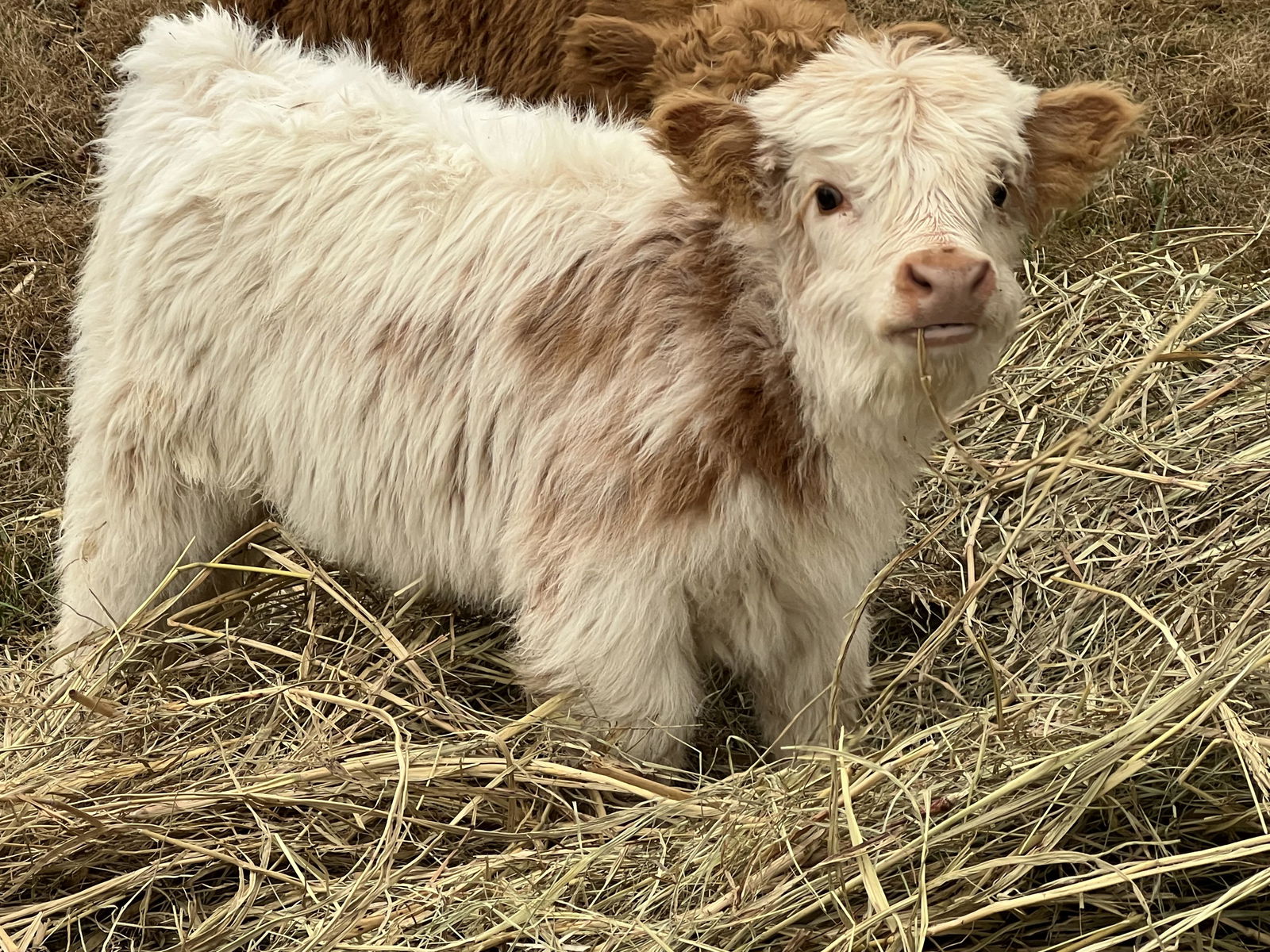
Mini Mule vs Mini Donkey: A Complete Size and Temperament Guide (2025)
Author: Elliott Garber, DVM
Ever wondered about the differences between mini mules and mini donkeys? At first glance, these little farm friends might look similar, but they’re actually quite different – each with their own special personality and charm.
I’ve worked with both, and I can tell you they’re definitely not interchangeable. Whether you’re thinking about adding one to your farm or just curious about these adorable animals, let’s explore what makes each one unique.
Understanding Mini Mules and Mini Donkeys
These small equines might look similar at first, but they each bring something special to the farm. Let me break down what makes them unique.
Physical Characteristics
Mini mules are interesting because they get traits from both their donkey and horse parents. Their ears are longer than a horse’s but shorter than a donkey’s. They have a straighter face profile that’s a mix of both parents, and their tail has that distinctive tuft at the end. Their hooves? Smaller and more compact than a horse’s.
Mini donkeys have their own distinctive look. You’ll notice their big, expressive ears right away – they’re always standing at attention! Their mane is thick and stands straight up (no flowing locks here), and their tail is covered in short hair from top to bottom. They’re stockier than mules, with rounded bellies, and most have that classic dark cross marking across their shoulders.
Size Differences
When it comes to size, there’s a noticeable difference between these two. Mini mules typically stand 36-50 inches tall and weigh 200-400 pounds. Their horse genes make them the taller of the two. Mini donkeys are more compact, measuring 32-38 inches and weighing 200-350 pounds.
Both reach their full size by age 3, with males typically standing an inch or two taller than females. Remember, we measure their height at the withers (that’s the shoulder, for those new to equines).
Temperament and Personality Traits
This is where things get really interesting. Their personalities are as different as night and day.
Mini Mule Behavior
Mini mules are the brainiacs of the bunch. They learn incredibly fast – sometimes faster than you’d expect! That “stubborn” reputation? It’s actually just them being smart about their safety. They form deep bonds with their regular handlers but tend to be skeptical of newcomers.
One thing to watch out for: they’re masters at hiding pain. As a vet, I’ve learned to look for subtle signs since they won’t always show when something’s wrong.
Mini Donkey Disposition
Mini donkeys are the social butterflies of the farm world. They love bonding with their humans and animal friends alike. What’s really fascinating is how they pick up on human emotions – they’re like emotional sponges! They learn well with patience and consistency, and they make surprisingly good guardians for smaller farm animals.
Care and Maintenance Requirements
Both animals need similar basic care, but there are some key differences to keep in mind.
Housing Needs
Both mini mules and donkeys need a cozy setup: a covered shelter (about 100 square feet per animal), protection from the elements, clean bedding, and secure fencing at least 4.5 feet high. Keep their feeding area separate to keep things clean and tidy.
Feeding Guidelines
Mini mules need slightly more food than donkeys – about 2-3% of their body weight in grass hay daily, while donkeys need 1.5-2%. Both need fresh water (5-10 gallons for mules, 5-8 for donkeys) and access to a salt block.
Keep their meals spread throughout the day, watch their weight (they can get chunky!), and make sure their hay stays dry and mold-free.
Health and Grooming
Both need regular care: yearly vet checks, hoof trimming every few months, daily hoof cleaning, weekly grooming, and dental checks every 6-12 months. It’s pretty straightforward stuff, but it makes a huge difference in their health.
Social Interaction
These social creatures need daily attention from their humans, time with other equine friends, regular exercise, and consistent training. And yes, they both appreciate treats and scratches – just like any other pet!
Common Uses and Applications
These small but mighty animals are incredibly versatile. Each brings their own special talents to the farm, making them valuable for both work and companionship.
Farm Work and Labor
Mini mules pack a surprising punch when it comes to farm work. They’re naturals at pulling garden carts loaded with supplies or helping with light plowing. Their sure-footed nature makes them perfect for moving materials across rough ground, and they handle tough weather like champs. Plus, they rarely get sick or go lame, so you can count on them day after day.
Mini donkeys are your go-to helpers for lighter tasks. They’re perfect for carrying firewood or gardening supplies, and their compact size lets them navigate tight spaces with ease. They might work a bit slower than mules, but they’re steady and reliable, especially when they get into a routine.
Companionship and Therapy
Both animals make wonderful companions, each in their own way.
Mini mules form deep bonds with their handlers and love mental challenges. They’re quick learners and make loyal partners once they trust you. Give them a puzzle to solve, and they’ll show you just how clever they can be.
Mini donkeys are natural therapists. Their gentle nature and endless patience make them perfect for therapy programs. They’re social butterflies who welcome attention from new people, and their calm presence helps reduce stress. They fit right in with group activities and seem to know exactly when someone needs a gentle nuzzle.
When it comes to work capacity, mini mules can handle loads between 200-400 pounds, while mini donkeys manage 200-350 pounds. Mules generally handle heat better and learn tasks more quickly, though donkeys are typically more social and easier to integrate into group settings.
Cost Considerations
Let’s talk money – both upfront costs and ongoing care expenses vary between these animals.
Initial Purchase Price
Mini donkeys come with different price tags:
- Rescue adoptions are your budget-friendly option at $350-500
- Auction prices bounce between $200-2,500
- Buying from breeders or family farms runs $800-5,000+
Mini mules typically start lower:
- Basic prices range from $100-500
- Premium mules cost more due to their special breeding
- Well-trained or specially bred mules command top dollar
Ongoing Care Expenses
Monthly basics include quality grass hay (2-3 bales), grain supplements when needed, and fresh water. You’ll need to replace salt blocks regularly too.
Regular maintenance costs include:
- Hoof trimming every three months ($40-75)
- Yearly vet check-ups ($150-300)
- Dental care every 1-2 years ($100-200)
- Annual vaccinations ($75-150)
Don’t forget about shelter upkeep, fence repairs, and setting aside money for emergencies. Insurance is worth considering too.
Training and Handling
Training these animals takes different approaches – they each learn in their own way.
Training Methods
Mini mules are the quick studies of the bunch. Start with basic ground work using a lead rope and halter. They respond well to clear commands – ask nicely first, then tell firmly if needed. Plan for 4-6 hours of training weekly, spread across several days. Practice walking patterns and use consistent commands with immediate rewards for good behavior.
Safety Considerations
For mini mules: Keep training sessions structured with clear boundaries. Watch for any stubborn moments and work in distraction-free areas at first. Make sure all your equipment fits properly – mini-sized tack is a must.
For mini donkeys: Always approach them where they can see you coming. Be gentle but confident in your handling. Keep an eye out for signs they’re getting stressed, and stick to regular routines – they love consistency.
Remember to always wear proper safety gear and only handle these animals if you’ve got some basic experience with equines.
Health and Lifespan Comparison
After years of treating these small equines, I’ve noticed some fascinating differences in their health patterns.
Mini mules hit the genetic jackpot with what we vets call “hybrid vigor.” This natural advantage gives them a stronger immune system and better physical traits than their purebred relatives. They rarely get common equine diseases, though they can be tricky to diagnose – they’re experts at hiding when they don’t feel well.
From my practice experience, mini mules typically show remarkable disease resistance and have fewer breathing problems. They can develop some gait issues or limb deformities, and occasionally deal with skin conditions.
Mini donkeys bring their own health profile to the table. They’re naturally hardy but need closer attention for respiratory issues and dental problems. The good news? They bounce back quickly from minor injuries. One thing to watch – they love their food and can pack on extra pounds if you’re not careful.
Speaking of size, mini mules can reach up to 48 inches tall, while mini donkeys stay more compact at 26-30 inches. Mules generally have higher disease resistance, though donkeys typically recover better from injuries.
Here’s a tip from my exam room: mini mules are incredibly stoic. I always tell owners to watch for subtle changes in behavior or appetite. Sometimes solving a health puzzle with these tough little animals feels like detective work.
Choosing the Right Animal for Your Needs
Looking at mini equines and can’t decide? Let me help break it down based on what I’ve seen work best for different situations.
Size Considerations
Mini mules stand taller (30-48 inches at the withers), making them great for light farm work, pulling carts, and handling rough terrain with moderate loads.
Mini donkeys top out around 36 inches – perfect for smaller properties, companion animals, therapy programs, and folks new to equine handling.
Temperament Match
Mini mules bring sharp problem-solving skills and quick learning to the table. They form selective but loyal bonds and work best with experienced handlers.
Mini donkeys excel in emotional intelligence. They learn steadily and methodically, make friends easily, and welcome newcomers. They’re especially good for beginners.
Space Requirements
Mini mules need more room to burn their extra energy. Mini donkeys adapt well to smaller spaces, though both need proper shelter and secure fencing.
I once had a client who picked a mini mule based solely on size. Her energetic new friend kept her running – literally! It taught her (and me) the importance of matching personality to lifestyle.
Here’s an interesting tidbit: mini mules inherit their tough hooves from their donkey parent. It’s one of many traits that make them such reliable workers.
Conclusion
The choice between a mini mule and mini donkey really depends on your setup and goals. Need a smart, hardworking partner for farm tasks and trails? A mini mule might be your answer – just bring your experience and patience.
Looking for a gentle soul who’ll welcome everyone they meet? Mini donkeys shine in therapy work and family settings. They’re especially great for smaller properties.
Both animals need proper care and companionship to thrive. Consider your experience, available space, and main purpose before deciding. Either choice can bring something special to your life – it’s about finding the right fit for your situation.

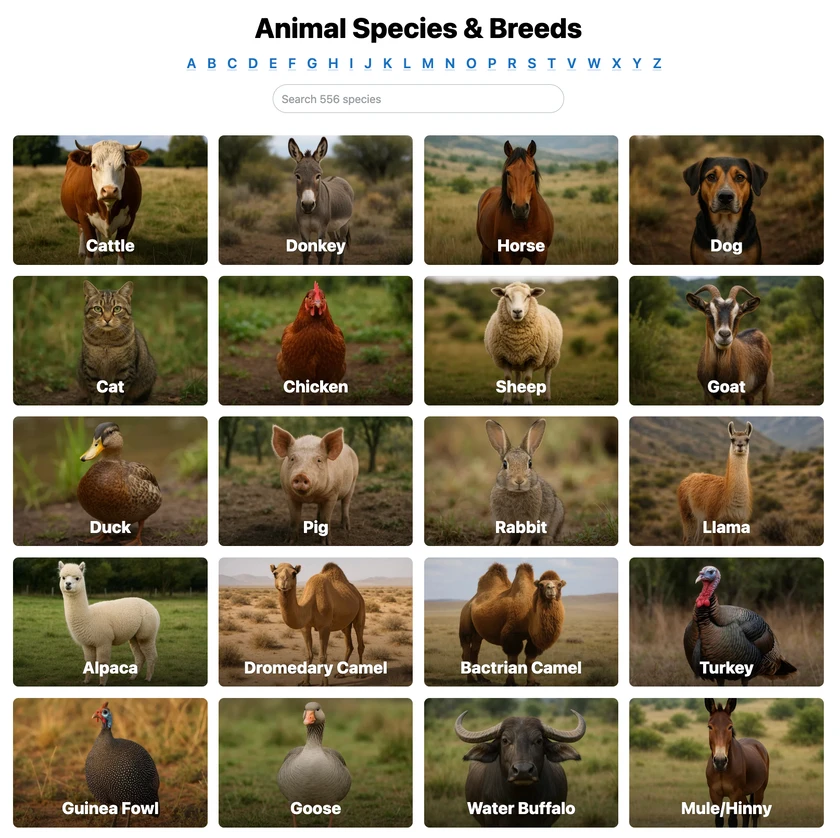 All Species & Breeds
All Species & Breeds
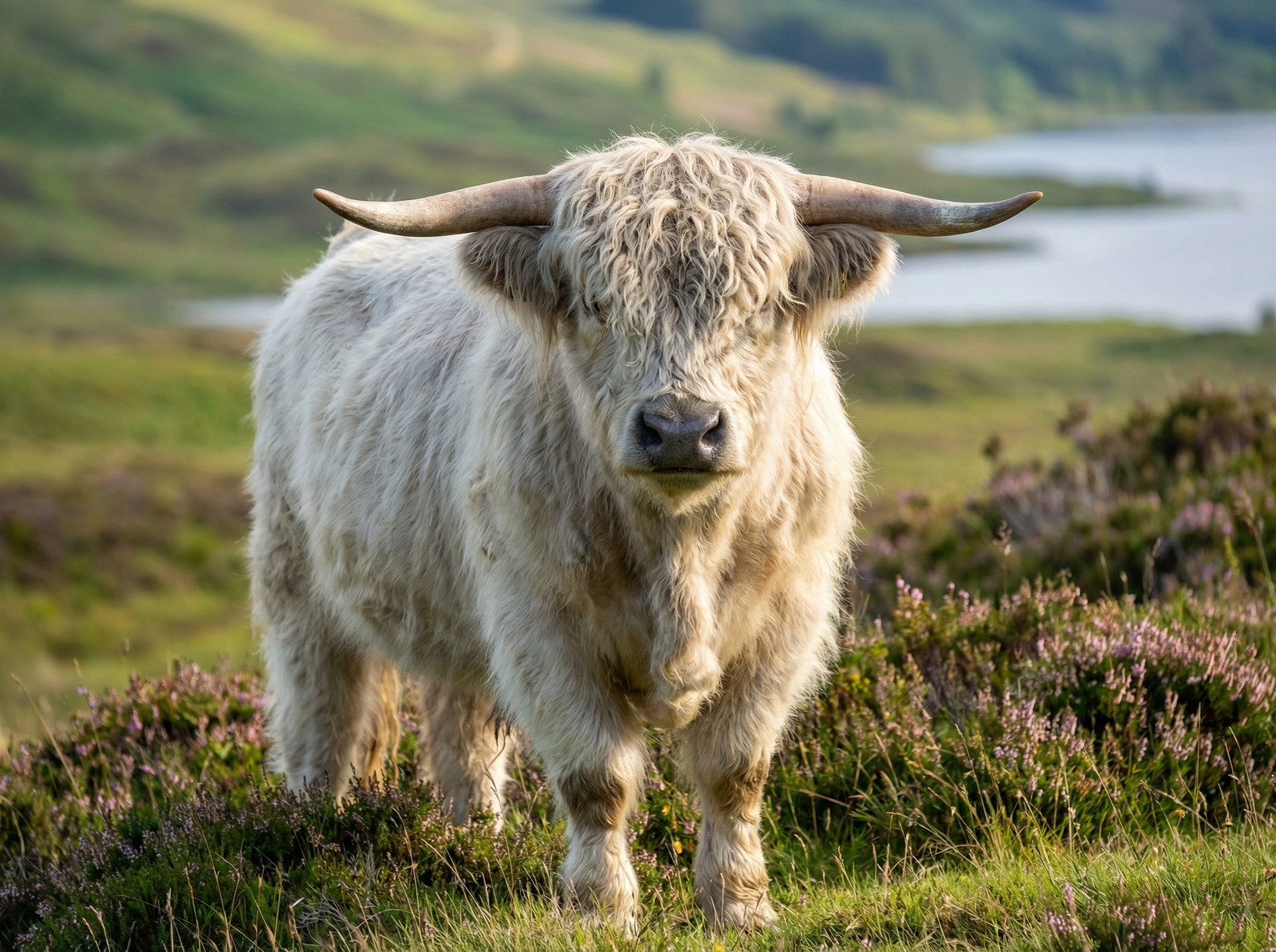 Highland Cattle
Highland Cattle
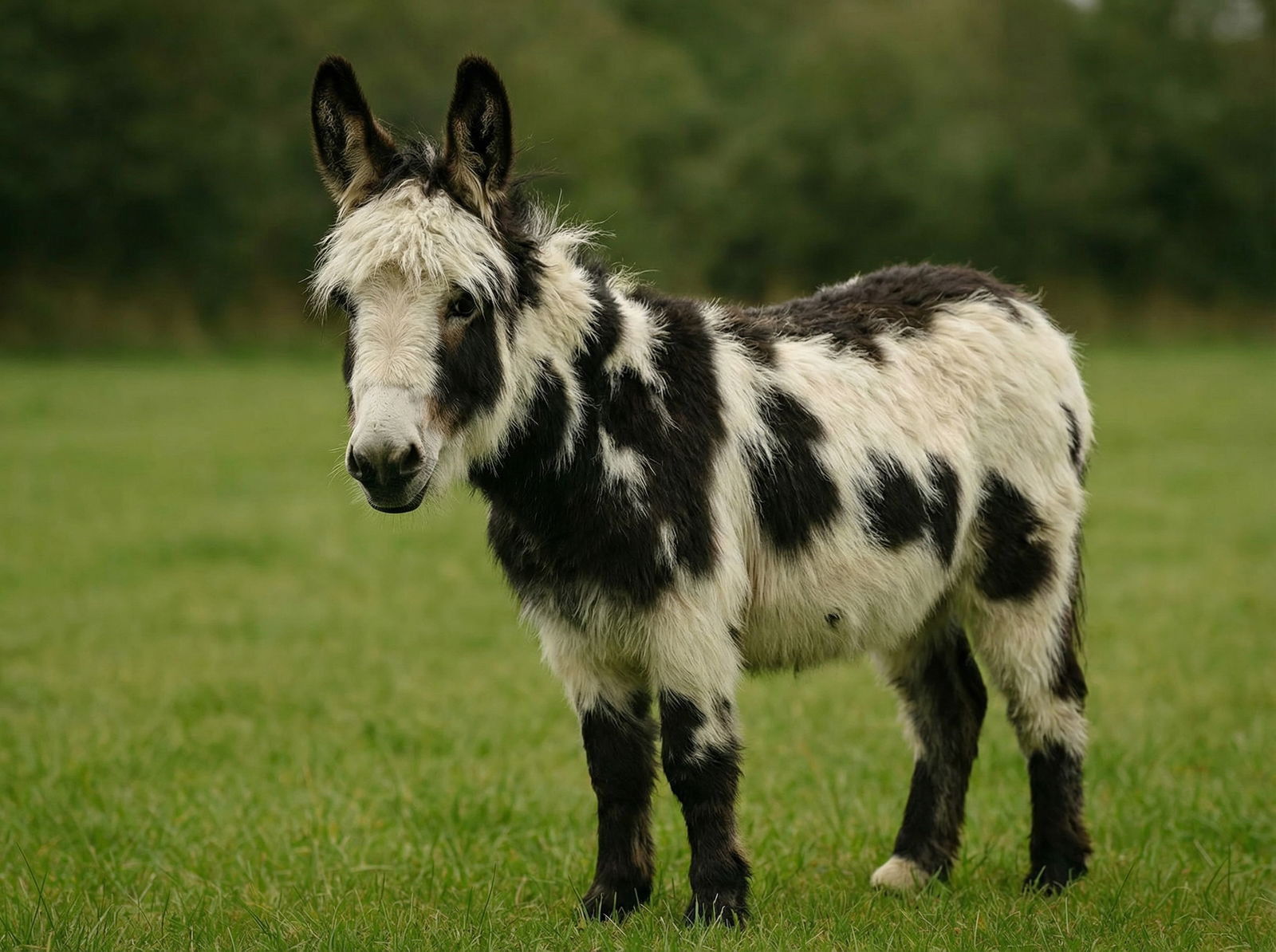 Miniature Donkeys
Miniature Donkeys
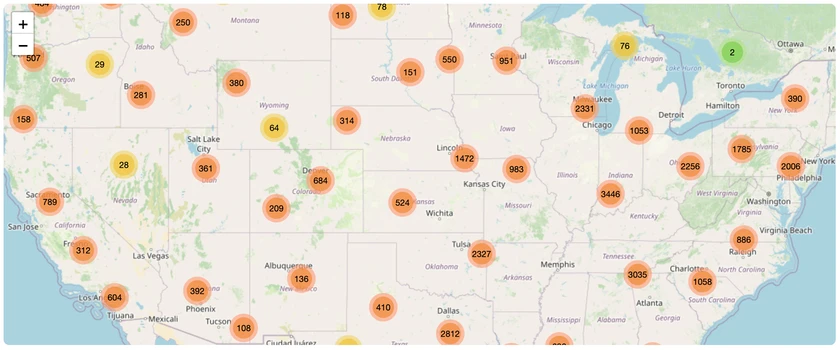 All Species Directory
All Species Directory
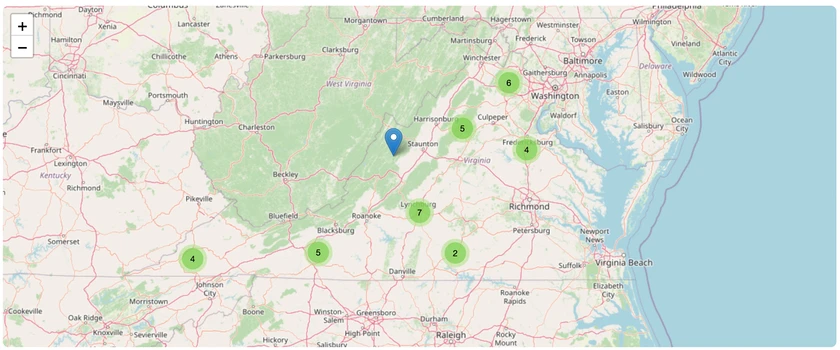 Highland Cattle in Virginia
Highland Cattle in Virginia
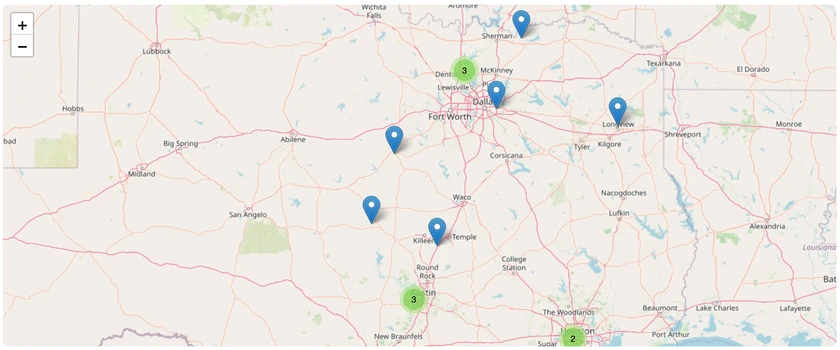 Miniature Donkeys in Texas
Miniature Donkeys in Texas








